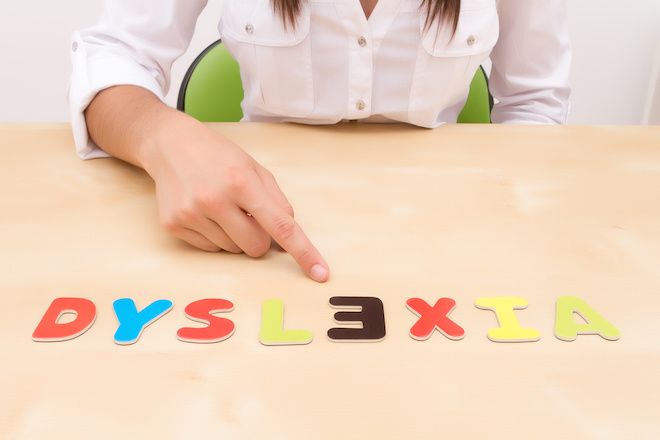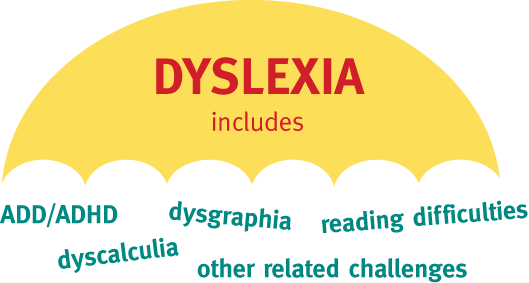How Do We Help Dyslexic Children?

(Image Sources: www.brainbalancecenters.com)
Many children who have dyslexia do not get appropriate treatment measures, often because they are undiagnosed so they are not taught in the right way. Though, dyslexic children need to be handled and assisted with learning techniques or special teaching programs. The sooner the child is helped, the sooner the child learns to overcome the problem of reading.
Learning techniques for dyslexic children usually involve the sense of hearing, sight, and taste. For example, they listen the lessons or stories through tape recording, so they can hear the audios repeatedly. Then, they can point out the as well as letters the words heard on paper.
Through the above example of learning, dyslexic children can be helped:
• Learn to know the smallest sounds that form words (phonem)
• Understand the letters that represent the sounds
• Understand what they are reading or are being read.
• Make vocabulary
If the child has a severe learning disorder, teach him frequently and do not expect any rapid development. Children with severe dyslexia may never be able to read fluently. But that does not mean they can not succeed, because not a few children with dyslexia is actually creative and talented in various fields, some even become the author.
How Can You Help a Dyslexic Child?
Know as early as possible the problem. Immediately discuss the problem with the pediatrician as early as possible-kindergarten age or early elementary school, will more easily understand the lesson and succeed in junior or senior high school.
Read aloud. Start by playing the audio recording of the storybook and listening it along with the child when he is 6 months or less. After the child's age is enough, try reading the story book out loud to the child.
_Work with teachers and schools._Create a written education plan for your child. Then talk to the teacher about the plan and consult what it can do or the school to help your child's special needs. Take the child to dyslexia children's specialist tutoring if available.
Be supportive. Difficulty reading can affect the confidence of the child, therefore you are expected to always be supportive and declare in the form of affection. Give him motivation by praising his talents and willingness to learn.
Talk with your child. You can explain to him what dyslexia is. Because the better the child understands his condition, the better his ability to deal with dyslexia.
Create steps to help the child at home. Prepare a quiet study, neatly arranged and clean. Schedule a suitable learning time for the child, so as not to interrupt his time to rest, play and eat.
Keep good relationships with teachers. You can make sure the child is able to follow the lesson by frequently asking the teacher. Ask the teacher to have enough time to read during a test or exam. In addition, ask the teacher if she needs to re-record a particular lesson at school,so that the child can listen it again at a later time.
Search for help from a doctor or other professionals. Your child may need medication, especially if ADHD. In addition, helping dyslexic children through certain therapies can also be beneficial. It is advisable to seek the help of a doctor or other professional to find out the right way of handling for your child.

(Image Source: www.dyslexiachicago.com)
By doing the suggestions above, it is expected that you can help the child as much as possible. Given that dyslexic children actually have great potential and talent that will not grow if not handled appropriately.
Regards,
Mrs. Don,
Hi, this really relates to a book I am reading on Learning, Language, and Cognition. It seems training in phoneme awareness is very effective in helping these children. Thanks for sharing!